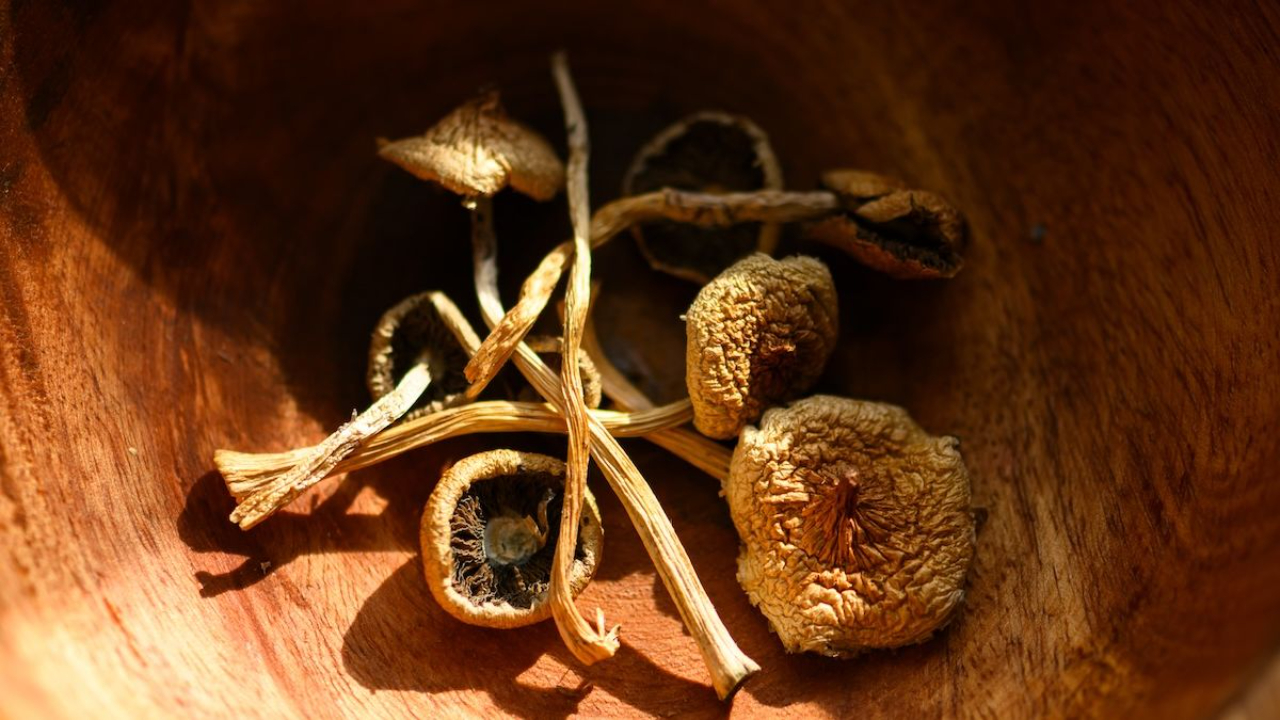Microdosing mushrooms: Exploring the potential of psilocybin in small doses
Mar 21, 2025
The use of psilocybin-containing mushrooms for microdosing has gained widespread attention in recent years. Unlike full-dose psychedelic experiences, microdosing involves taking a sub-perceptual amount of psilocybin, typically every few days, with the goal of enhancing mood, focus, and creativity without inducing hallucinations. But what does science say about the benefits and mechanisms of microdosing mushrooms? And how are individuals incorporating this practice into their daily lives?
Psilocybin, the active compound in magic mushrooms, is converted into psilocin in the body, which interacts with serotonin receptors, particularly the 5-HT2A receptor. This interaction influences cognitive flexibility, emotional regulation, and neuroplasticity. Research from Carhart-Harris et al. suggests that psilocybin enhances connectivity between brain regions, leading to increased creativity and problem-solving abilities. Similarly, studies by Cameron et al. indicate that low doses of psychedelics stimulate brain-derived neurotrophic factor (BDNF), which supports neuron growth and cognitive adaptability.
Potential benefits of microdosing mushrooms
Many individuals who microdose psilocybin report experiencing a range of cognitive and emotional benefits. Anderson et al. found that microdosers reported lower levels of anxiety and depression compared to non-microdosers. Hutten et al. observed that participants who microdosed mushrooms experienced improved mood stability, reduced stress, and greater emotional resilience over time. Additionally, Prochazkova et al. demonstrated that microdosing can enhance divergent and convergent thinking – two key elements of creativity.
Beyond emotional well-being, microdosing has been linked to improved focus and productivity. Some users describe a heightened ability to enter a flow state, allowing them to work more efficiently on complex tasks. Rootman et al. found that microdosers exhibited improved cognitive flexibility, making them more adaptable in problem-solving scenarios.
Microdosing schedules and best practices
A common approach to microdosing mushrooms follows protocols such as the Fadiman regimen, which suggests taking a small dose every third day to allow for integration and prevent tolerance buildup. Some individuals prefer different schedules, adjusting based on personal response and lifestyle. While most users report subtle but noticeable benefits, responses to microdosing can vary widely, emphasizing the need for individualized experimentation and careful dosage management.
Legal and safety considerations
The legal status of psilocybin mushrooms varies globally. While countries like Canada and parts of the United States have begun decriminalizing or permitting controlled therapeutic use, psilocybin remains a Schedule I substance in many regions. Despite increasing acceptance, those considering microdosing should be aware of local regulations.
In terms of safety, studies suggest that psilocybin has a low toxicity profile and is non-addictive. However, individuals with a history of mental health conditions such as schizophrenia or bipolar disorder should approach microdosing with caution, as psychedelics can influence pre-existing psychiatric conditions.
A growing interest in microdosing mushrooms
As research continues to explore the effects of psilocybin microdosing, the practice is gaining momentum among those seeking cognitive enhancement, emotional balance, and creative expansion. While preliminary findings and anecdotal reports highlight promising benefits, further controlled studies are needed to fully understand the long-term impact of microdosing mushrooms. For now, microdosing remains a compelling avenue in the evolving conversation about psychedelics and mental well-being.
---
Sources: Carhart-Harris et al. (2018), "Neuropsychopharmacology"; Cameron et al. (2021), "Nature Medicine"; Anderson et al. (2021), "Scientific Reports"; Hutten et al. (2020), "Therapeutic Advances in Psychopharmacology"; Prochazkova et al. (2018), "Psychopharmacology"; Rootman et al. (2021), "Frontiers in Psychiatry"; Research from Imperial College London.

